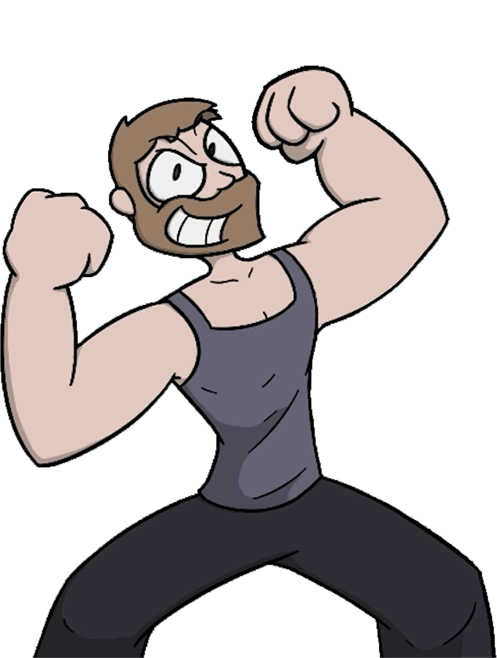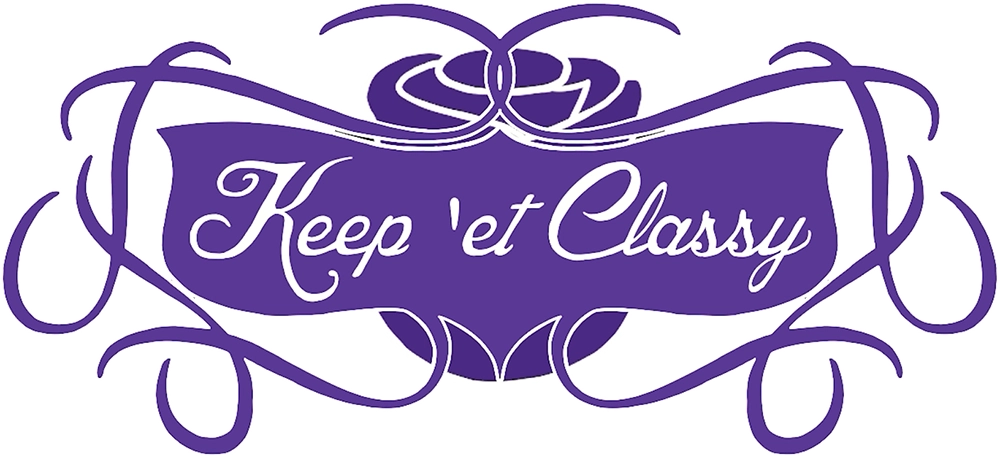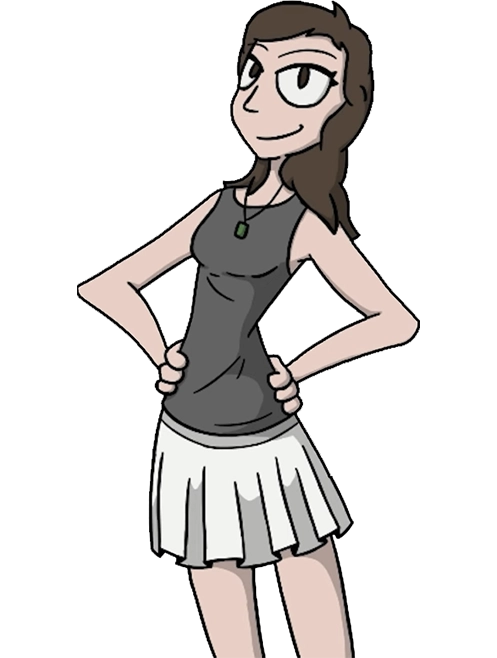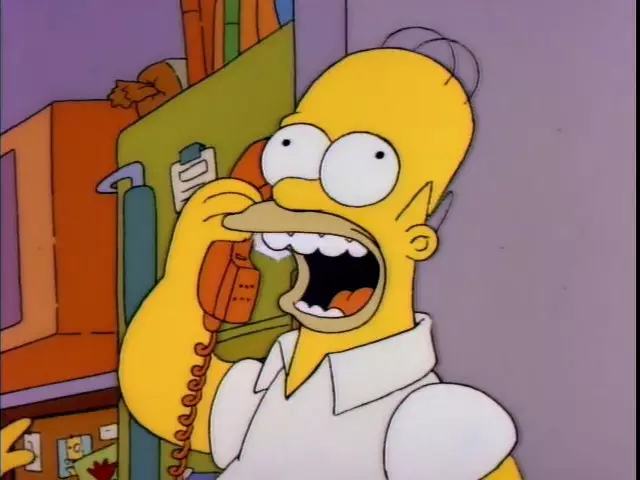My Recollection
The HOMER. Unky (?) Herb. Videogames in the back seat.
The closest thing I had to an Unchie (?) Herb was my dad’s cousin, Drew. He fulfilled the bulk of Uncle responsibilities, but his focus was primarily those involving exposing my brother and I to dangers both moral and physical before we were quite ready for them. Cancer got him when I was young. The tumours were so aggressive it looked like he was being eaten alive from the inside by a strain of subcutaneous avocados.
He lived down the road from my dad in Lawnton, one of Brisbane’s outer patches of manicured Buffalo nihilism. If Brisbane is a place where you can just exist, Lawnton is where you go when that gets to be a bit too much. While dad was there, it was the city’s collective downstairs where we stored leftover pre-boomers and the nation’s strategic Pleasant reserves.
The thing about the population to land ratio of Australia is that the deepest, most entrenched suburbs will frequently edge straight into Souls-like PVP areas. Lawnton was no different and Drew functioned as our high level summon, guiding us through the long grass and forest dungeons hidden behind the perfectly coiffed hedges.
True to genre, the first thing we had to deal with was an Asylum Demon that patrolled the Rural Lawnton gateway path. Drew called it a goat and said we didn’t have to worry about it. This was a half-truth, I didn’t have to worry about it but my brother sure as shit did.
There’s something beautiful about animal hate. Human forms run through seams of logic so near to our own minds that we can’t see them without our own semantic translation sucking the mystery out of them. It’s like trying not to read a word you know. Animal hate is like a sunset: alien, indifferent, and beautiful only through a quirk of cosmic synchronictiy. At the time, I was reading a lot of Douglas Adams and figured their relationship to be similar to Arthur and Agrajag. The intervening years have not altered this perspective.
The goat wasn’t territorial, it wasn’t angry at humans in general, it would regard Drew and I with scarcely a glance. But it took one look at my brother and knew –not felt, knew— “fuck that thing”.
A funny thing about people is that we tend to forget the animal parts of ourselves. We wander about with our plumbing and our shoes, comfortable and confident in that second sapiens. So when something animal intrudes, something like sudden goat hostility, you get to see the slow collapse of everything the human thought was true.
The first mistake, and it’s a mistake everyone will make, is to try to process this with human logic. “The goat doesn’t hate me because I haven’t done anything.” This is true, but also, goat hate. “But I didn’t–” Goat hate. “I’ll steer clear of–” Goat. Hate.
So there’s no way that the goat is charging at you because why would it?
My brother wasn’t big, being that we were around the 9 and 13 marks, but then neither was the goat. The chance for legitimate injury was practically nil but neither party knew that. As far as the goat was concerned, its hate-nuzzles were the kind of attacks Vikings hang tapestries of in Valhalla. And my brother was a soft pile of plumbing and shoes realising that an animal needed him gone from the universe.
Goat: HUUEEEEAAAAAAHHHHHHHHH!
Brother: AAAAAAAAAIIIIIIIIIEEEEEEEE!
Me: HAHAHAHAHAHAHAHAHA
Drew: Leave the thing alone.
To be fair, there is an absolutely otherworldly quality to a goat’s battle cry. A kind of raspy, self-harmonising scream like its throat is filled with vengeful cat ghosts. But it’s nubbiny little legs were shorter than my brother’s nubbiny little legs so his panicked human scoot got him past it without too much hassle.
And with that suburban Boss beaten we moved on to the Bamboo Forest that Absolutely Doesn’t Contain Any Spiders.
The Episode
As we’re yet to etch a narrative into anything smaller than the Planck scale, shit takes time. That time is one of the Elder gods of narrative, it structures things from so early in the process that it’s easy to forget it’s there. Lauren Hissrich, showrunner for the Netflix Witcher series, remarked recently that she was so used to structuring narratives to have hooks at the ad points that not having to came as a shock to her and the other writers. This gives you an idea of how dominant the need to structure a 21 minute sitcom is. Take that away and you’ve suddenly got a whole different palette of narrative patterns available but otherwise you are locked in to a very limiting format.
Things fail when they don’t live up to the goals they themselves set, but what can be set has limits placed on it by things like the Elder God of Time. Depicting events takes time, but, a lot like music, narrative elements frequently necessitate gaps around them. Sometimes this will be described as letting a moment hit (following the music analogy, they’ll be called narrative beats or notes) and this overall structure is referred to as pacing. If your character’s relative dies and then nothing happens for a moment, the death stands out more than if it is immediately followed up with something.
Different types of movies will do this deliberately to control the emotional effects they have on their audiences. When the weird daughter dies in Hereditary, it’s the only narrative point for quite a while and this is to drive its impact home. When Shaun’s mum dies in Shaun of the Dead, it is sad, but the kind of wailing mourning in Hereditary would contrast poorly with the comic atmosphere of Shaun, so it’s resolved immediately and smothered by a shitload of other notes.
Pacing is a tool that is used to create other things, particularly tone. The differences in emotional beats in Hereditary and Shaun of the Dead aren’t accidents, they are deliberately done to craft serious and comic tones. Each serves as an example of a fundamental point: a note given space stands out and becomes the focus. Sad focus; sad tone. Funny focus; funny tone. You can mix and match these, lean into or away from them, or what have you, but these are tricky dance steps and where a lot of mistakes tend to happen.
The Simpsons’ orbit takes it between comedy and drama but this orbit still exists on the comic end of the continuum. A developmentally challenged Maggie is never going to have her head tragically bashed in by a light pole accident. Like Shaun, even its horror and violence is played for laughs. Existing here makes digging into the serious more work as its having to work against the fundamental tone of the show. This work requires more time for the dramatic points to establish themselves and this is time Oh Brother, Where Art Thou never really has.
The story has a lot of dramatic beats. Grampa’s heart attack to bastard love child reveal. Homer’s search. Homer connecting with Herb. And finally, Homer destroying Herb’s life. None of these are fundamentally funny to begin with and, unlike Shaun’s mum dying, none are played for laughs. There are jokes around the moments, but these are minor and aren’t even intending to change the tone. This makes each point serious, a point acknowledged in the commentary when they explained how the grim ending necessitated the redemptive sequel, Brother, Can You Spare Two Dimes.
The Simpsons has had grim episodes before, season 1 had some standouts, but few of these were attempting to pack this much in to the 21 minute structure. The four primary beats of this episode are two too many, resulting in a rush that reduces the impact of each. This speed leaves the weight of the episode hanging on the final point, Herb seriously telling Homer that he has no brother and Lisa’s line about the inevitability of Simpson failure. This being the episode’s focus turns it into a kind of shaggy dog joke which counteracts even the grim emotion of the episode.
Had it been a two parter, ending on finding Herb and spending the rest of the second episode with Homer ruining his life, there’d have been space for the emotional impact of the serious moments to breathe as well as coexist with some lighter material. While creativity is best demonstrated when used to overcome limitations, one needs to know what limits can’t be overcome. The Elder God of Time is a very tough one.
Oh Brother, Where Art Thou is by no means a bad episode as its component pieces are fairly good. Grampa fucking a carnie whore is a notch out of the show’s usual tone, (as evidenced by certain lines being edited out of the syndicated episodes) and it wouldn’t have been done in later seasons, but in this early stage it adds to him as a person. Homer’s mad, immediate acceptance of a brother gives him time to demonstrate some vulnerability and his ultimately loving nature. This is reflected quite nicely in Herb, a man who is successful but unhappy without the sense of self one can draw from family. With a little more time at the end, to see maybe Homer feeling the brunt of what he’d done, the episode may have landed better, if incredibly sadder. But all these parts compete as opposed to supporting each other and the result is a comedy with character that rushes though the things happening to the characters and ends on a real note of cruelty.
Yours in being a very sad man, Gabriel.
Jokes, lines, and stray thoughts.
McBain! I think this is the first one they came up with but the second one that got shown. They mention having to leave the idea for a while as a result of the Christopher Walken movie. The pieces you see in the series can be edited into a single “film” isn’t that neat. I’ve always taken McBain to be based on Commando which is fun and fucking terrible.
“Want to dunk the clown?” is a great double entendre.
“She did things your mother would never do, like have sex for money” doesn’t show up in the repeats. Little of Grampa’s sexual dialogue does.
The Carnie Mother is probably dead now.
The first look at Mona Simpson. Who got a lovely run before being shit on in a terrible final episode.
Hibbert’s brother is a good rubber band joke. It’s the kind of thing that is quasi-serious but when positioned as it is twists that serious length into absurdity. Homer’s inability to take his hint adds to it.
Apparently it’s “Uncie” Herb in the Frinkiac, though that reads more like a sibilant C and strikes my eye weirdly.
There’s little in the way of really major jokes in this one as it’s always busy with either dramatic moments or rushing through narrative to get to them. There’re throwaway lines, like Grampa muttering that he kept the wrong one or when Herb asks if the kids were born in wedlock, and a few solid little thinkers, like Homer not knowing that putting the ball on every aerial makes them meaningless, but otherwise there’s only one major bit to the episode.
Speaking of, when Herb gets the phone call and demands the engineer call back and repeat the exact opposite of what he just said is a masterpiece of construction. Forcing you to be thinking about the opposites of what is being said while still delivering lines creates a kind of nested surprise structure, each element being funny itself and building to a larger overall joke, with the personal hygiene crack serving as a great final punch. It’s one of my all time favourite jokes of the series.





5 replies to Oh Brother, Where Art Thou?
Magnumweight on 28th December 201828 Dec 18 said:
Did they ever bring up Herb again? I haven't really watched current seasons since 19 or so
Gabriel on 28th December 201828 Dec 18 said:
No idea. I tapped out around season 15, I've watched a few episodes here and there since then but I don't think it's come up. It would be a good source of an actual plot but it would also necessitate getting DeVito back.
alldreamsfalldown on 4th January 201904 Jan 19 said:
This episode proves that Americans can pronounce 'Herb' correctly.
Alex on 30th December 201830 Dec 18 said:
These days you could probably release a car like The Homer and people would go mad for it out of irony. That's my biggest takeaway from this episode, like you said, not a great deal of jokes in there but the phone call one is pretty stellar.
Gabriel on 30th December 201830 Dec 18 said:
There's so few focal jokes cause it's packed as it is. Things like Homer not getting the hint at the orphanage is about the closest we get before the phone call. It's a good way to double up exposition and humour but the joke is just so goddamn basic that it doesn't stand out much.
The phone call is a beautiful example of how you can get more bang for your buck with joke construction. Had the engineer just shouted all that at Homer, it would have barely even been a joke and more likely skewed mean to villainous. Delivering it in the reverse both prevents that and diverts the viewers' cognition while layering the joke. It's a humdinger
Comment on Oh Brother, Where Art Thou?
To reply, please Log in